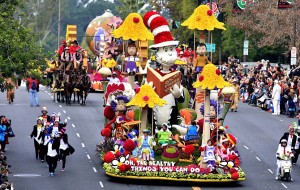I have a few signature dishes that I cook regularly: corn/basil salad, beef bourguignon, butternut squash soup and steak salad. They are in a weekly rotation. People (Dani) tells me that the meals are good.
But I wouldn’t sell them.
Cooking for my family and cooking for the public, and selling it are two totally different things.
Most regulatory bodies in North America treat them differently (stuff for sale is regulated and food that’s prepared and eaten at home isn’t) except, in Surrey, British Columbia (that’s in Canada), according to The Leader.
In Surrey, food that’s made in homes, and sold by homeowners along a parade route, as long as it’s sold on the homeowners property, goes is exempt from food safety regs.
What?
If you plan to make food for the Vaisakhi parade this year, you better get cooking early.
Private citizens and businesses wishing to serve home-made food to the public on commercial roadways along the parade route are required to fill out a temporary food premises permit application.
Erin Labbé, a spokeswoman for Fraser Health, said officials will be following the health authority’s enforcement protocols for the April 18 event.
“Sometimes at festivals, depending on the types of foods served and the duration of the event, enforcement can lead to immediate closures, based on risk,” Labbé said.
However, the food safety regulations don’t apply to people serving home-cooked meals on their own property along the parade route. This means if people are standing on their own front lawns erving their meals they are not at risk of being shut down.
